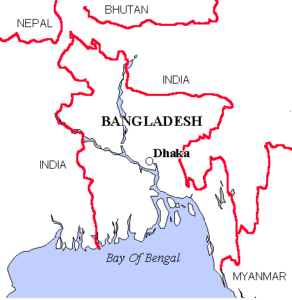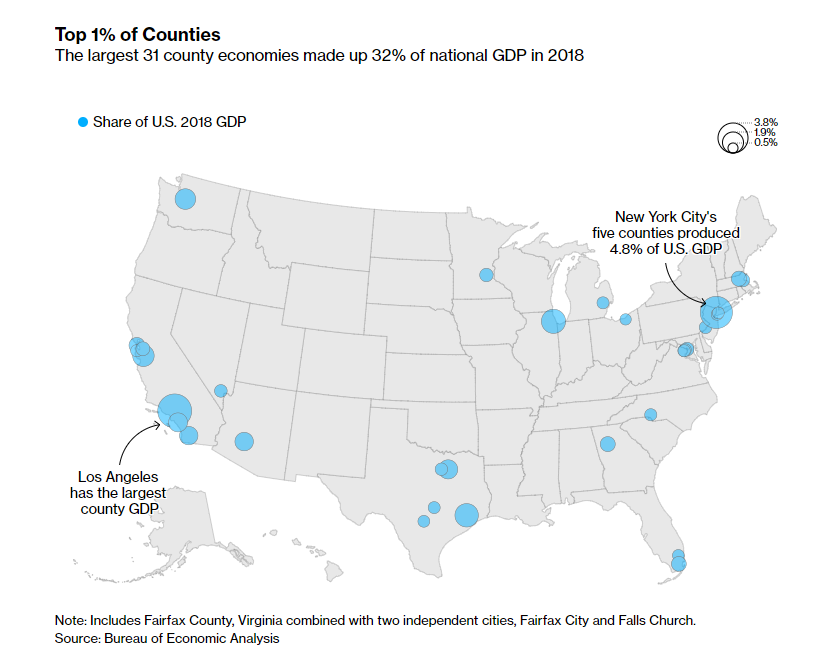NOTE: This post is by Tony Wikrent.
William H. Greider
(August 6, 1936 – December 25, 2019)
Just a few days after Paul Volcker and Felix Rohatyn finally relieved this planet of their mortal existence, William H. Greider passed on Christmas. There are, I suppose, some good things to be said about Volcker and Rohatyn, but I don’t know what they might be.
However, I do know a lot of good things to write about William Greider. Just a partial list of the books he wrote is enough to realize that a giant who walked among us may be no more, but the shadow he cast will linger for a long while.
Secrets of the Temple, How the Federal Reserve Runs the Country
(Simon and Schuster, New York, NY, 1987)
Who Will Tell the People?: The Betrayal of American Democracy
(Simon & Schuster, New York, NY, 1992)
One World, Ready or Not: The Manic Logic of Global Capitalism
(Simon & Schuster, New York, NY, 1997)
Fortress America: The American Military and the Consequences of Peace
(PublicAffairs, 1998)
The Soul of Capitalism: Opening Paths to a Moral Economy
(Simon & Schuster, New York, NY, 2003)
Come Home, America: The Rise and Fall (And Redeeming Promise) Of Our Country.
(Rodale Books, 2009)
Greider was born in Cincinnati at a time when dominance of that city’s economy had shifted from meat packing and the Ohio River steamboat trade to industrial manufacturing. Most notably, the city had emerged as a center of machine tool making: R. K. Le Blond Machine Tool Co.; Lodge and Shipley Machine Tool Co.; G. A. Gray Co.; Cincinnati Shaper Co.; American Tool Works Co.; Cincinnati Planer Co.; Cincinnati Bickford Tool Co. and the company that was then the largest machine tool maker in America: Cincinnati Milling Machine Company, later named Cincinnati Milacron. And like other centers of machine tool production historically — the Connecticut River valley (called Precision Valley in the first half of the twentieth century), Philadelphia, and Chicago, the ethos of Veblen’s producer class ran strong and deep. I have no doubt that this producer class ethos helped shape Greider’s life in profound ways, fitting him for the unique and powerful role of a leading critic of de-industrialization and financialization. His study at Princeton University thankfully did not inflict him with trained incapacity.
His professional writing career began at The Washington Post. as a national correspondent, then assistant managing editor for national news for 15 years. In 1981, Greider wrote an essay for The Atlantic titled “The Education of David Stockman,” which was probably his writing with the most immediate impact. It caused a national uproar, and led to President Reagan dismissing Stockman as the Director of the Office of Management and Budget. In one of several passages that illuminated the venality and hypocrisy of the Reagan administration, Stockman told Greider, “None of us really understands what’s going on with all these numbers.” The article was soon expanded and published as a book by the same name.

 But I want to focus on the longer game: Where does this leads?
But I want to focus on the longer game: Where does this leads?